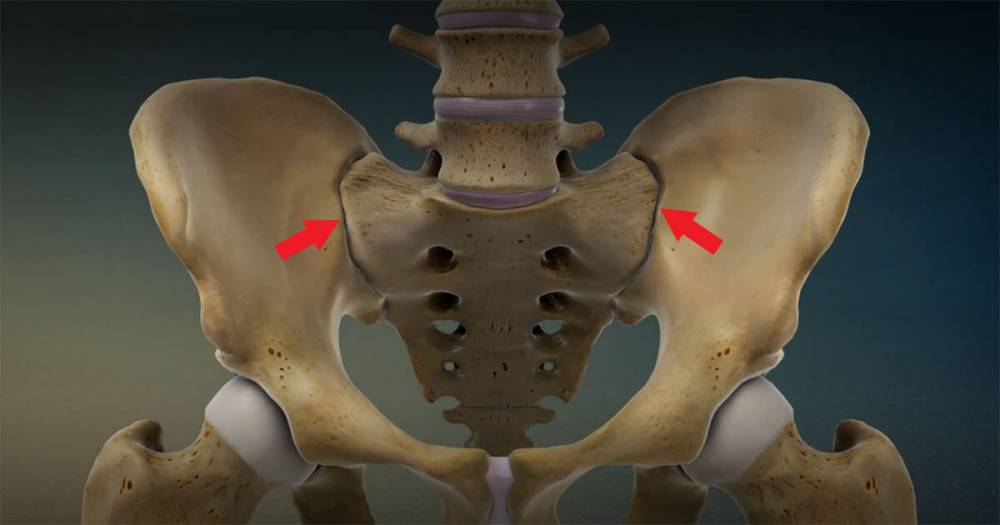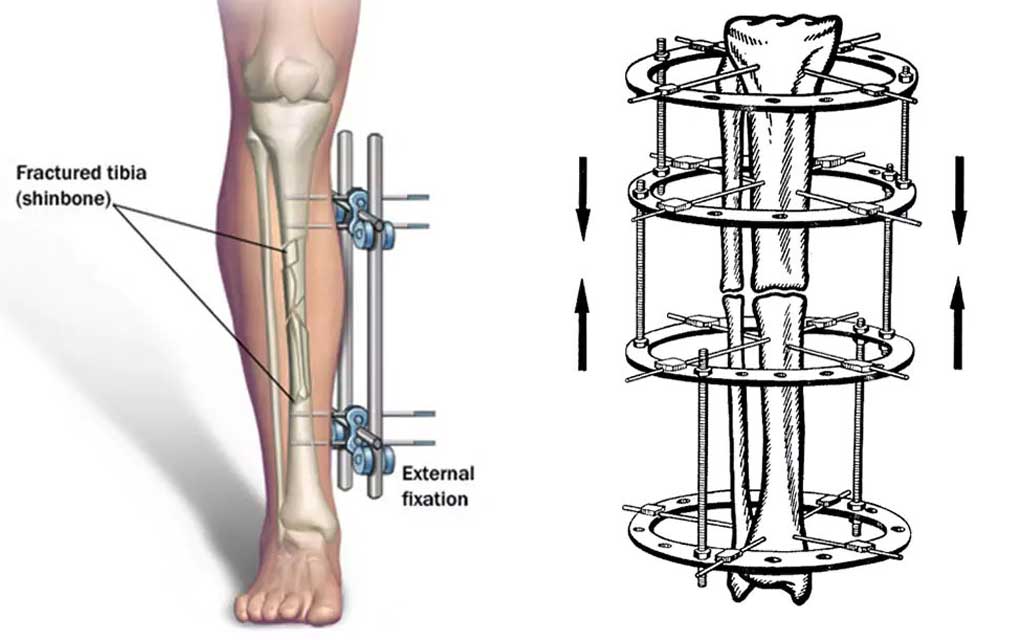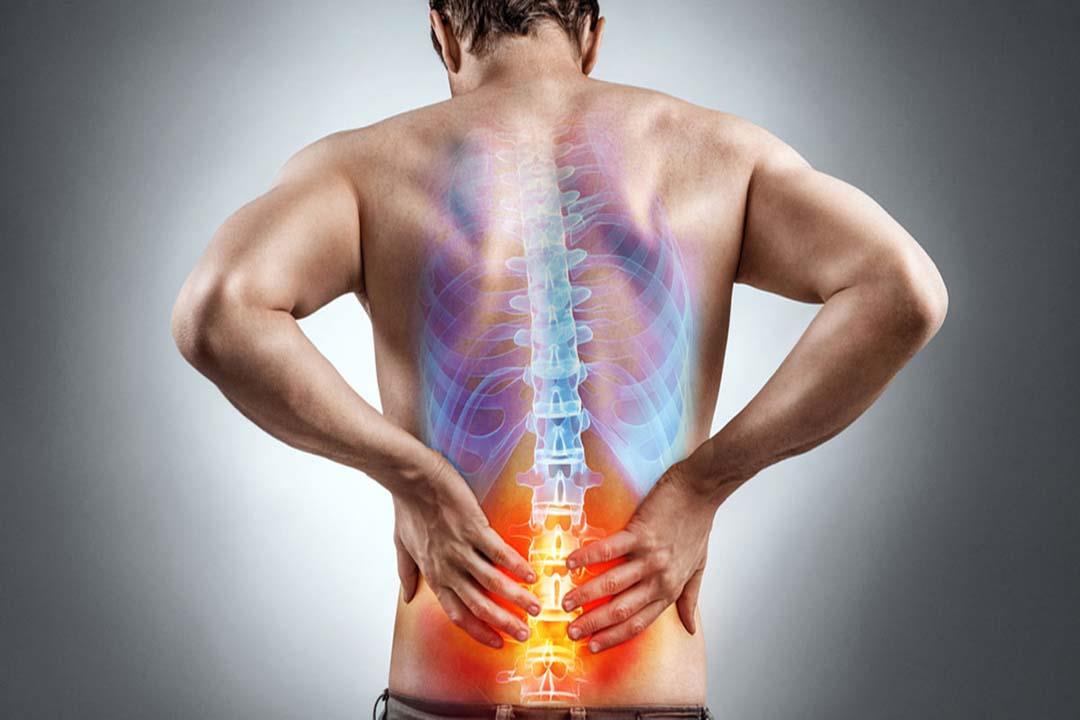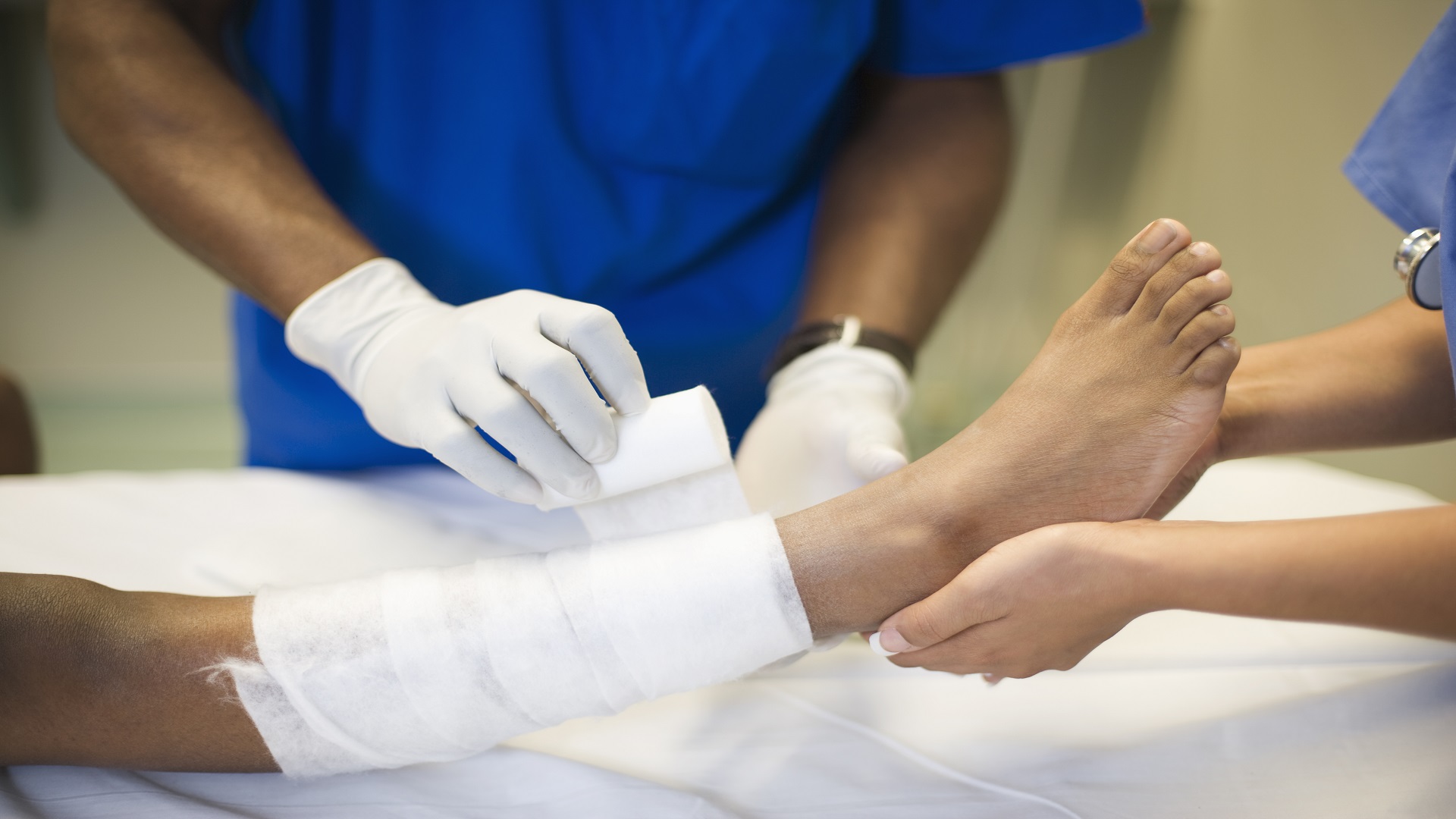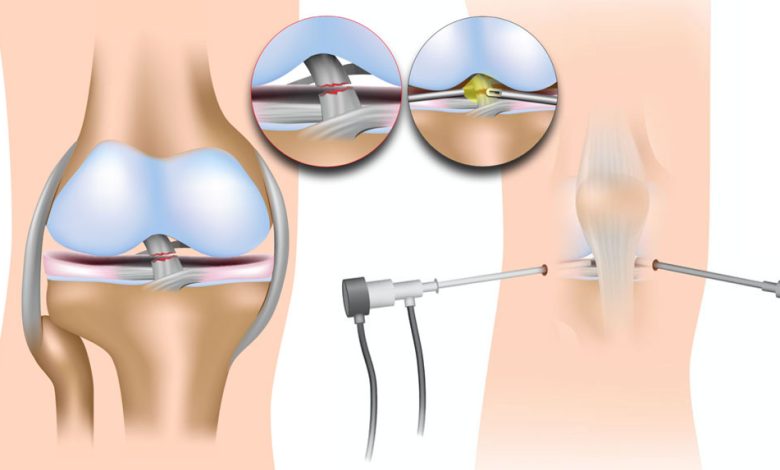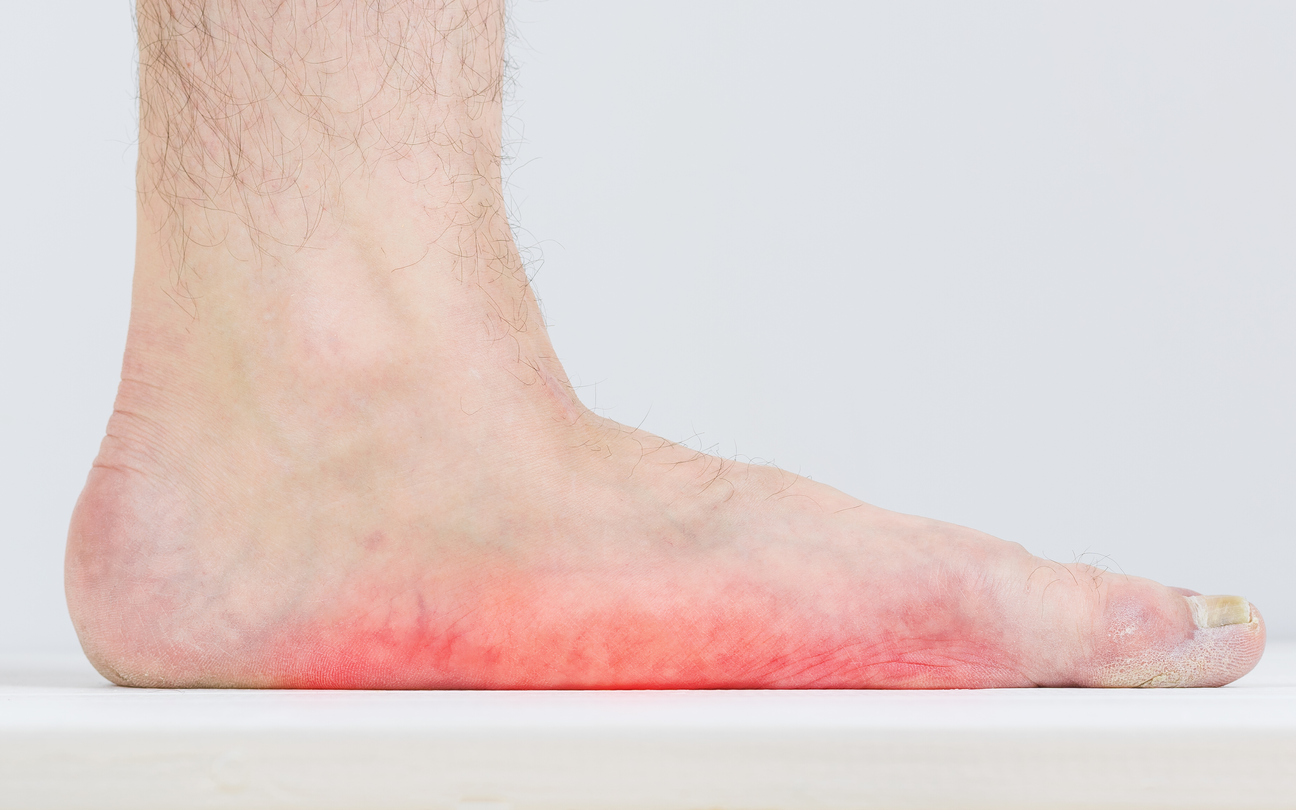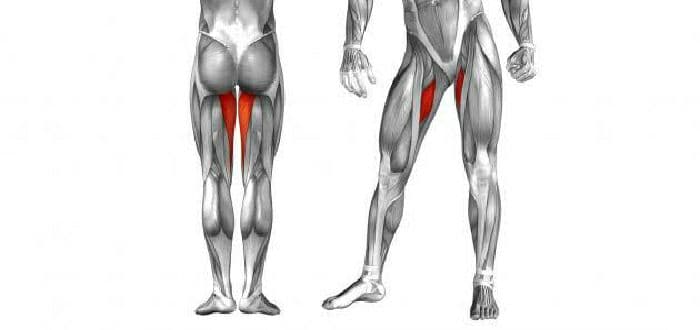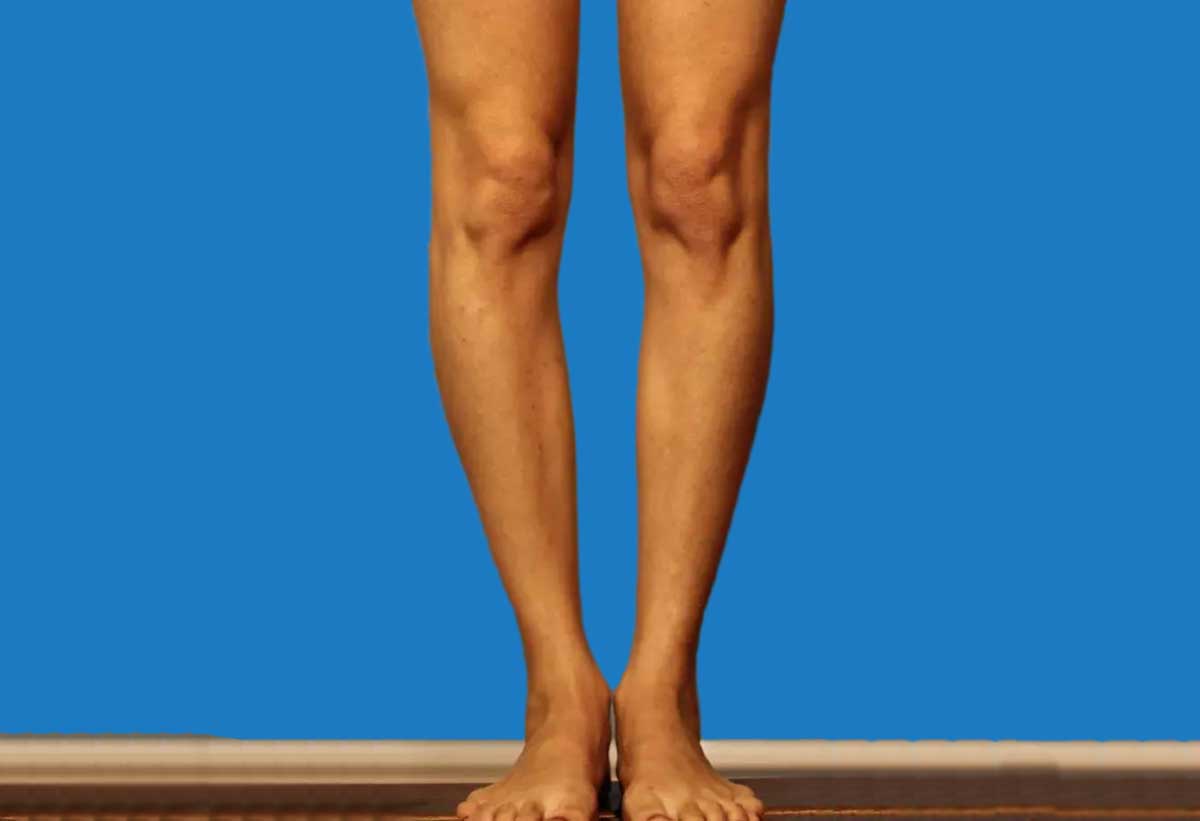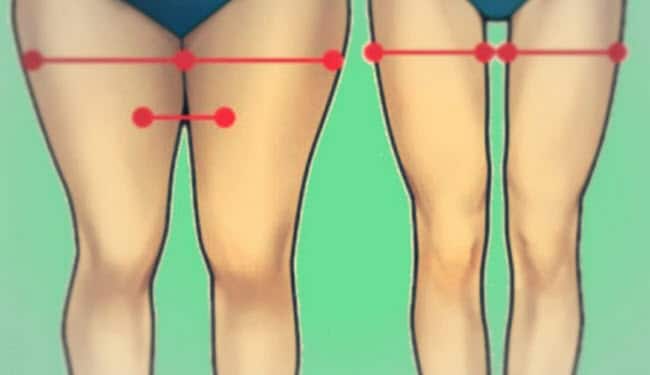?Choose the best orthopedic doctor in Egypt and what are the types of operations he performs
The best orthopedic doctor in Egypt, choosing the right bone and joint doctor in Egypt is extremely important, as the doctor must be highly experienced and competent to ensure successful and safe treatment, and have a good reputation and an excellent work history in this sensitive specialization. In addition, he is characterized by patience and empathy with patients, which enhances their comfort and gives them confidence in treatment. What patients can ensure they receive the best medical care for their treatment, and in this article we will let you know how to reach a doctor with these distinctive specifications, so follow us.
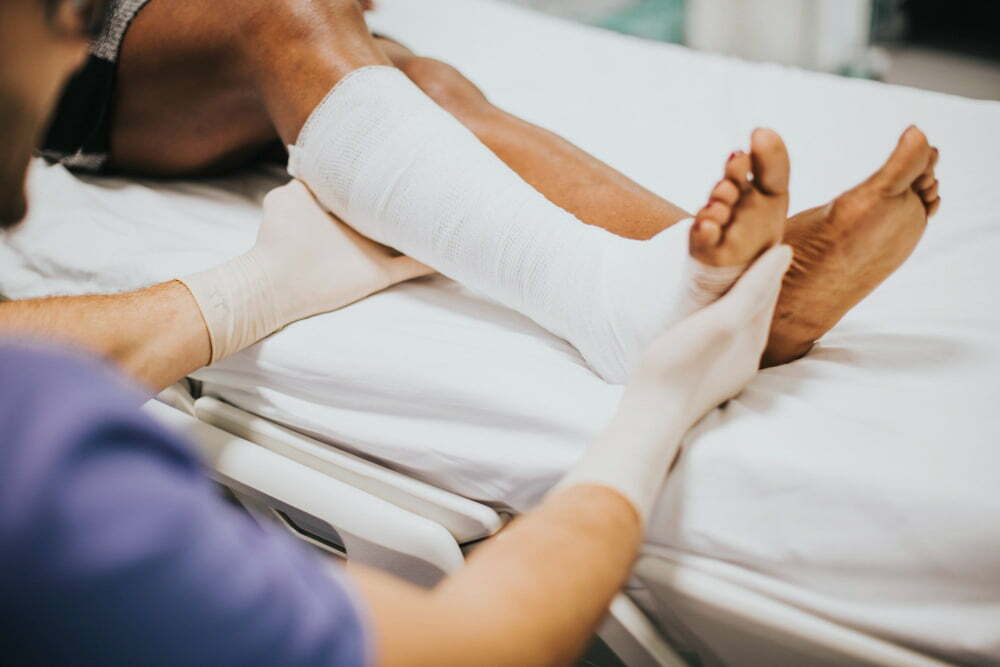
Best Orthopedic Doctor in Egypt
Finding the best orthopedic doctor in Egypt is extremely important for anyone suffering from problems in the musculoskeletal system or joints and requires high quality medical services and excellent professional expertise in this field. Relying on a reliable and well-known orthopedic doctor for his skill and the positive results he achieves for patients.
One of the most prominent orthopedic surgeons specializing in bone and joint surgery in Egypt is Dr. Amr Aml, where Dr. Amr has a high reputation and experience of more than 20 years in this field. Dr. Amr obtained a doctorate in orthopedic surgery and practical applications, and he continued to develop his knowledge and skills by attending many local and international training courses and scientific conferences.
Dr. Amr Aml provides comprehensive medical services to treat various bone and joint diseases using modern techniques and advanced surgical procedures. Dr. Amr Aml ensures accurate diagnosis and appropriate treatment for each case, focusing on achieving the best results for patients. In addition to his methodical and meticulous work, Dr. Amr Aml is distinguished by his gentle and professional manner in dealing with patients. Dr. Amr is interested in providing comprehensive care and psychological support to patients, which helps them recover quickly and achieve a better quality of life.
Dr. Amr Aml, the best orthopedic doctor, provides expertise and personal attention in your treatment.
What is meant by orthopedic specialty?
The orthopedic specialty is one of the important medical specialties, as it is concerned with studying, diagnosing and treating diseases and injuries that affect the human skeletal system. This specialty includes analyzing and understanding the causes and effects of musculoskeletal system disorders, where the orthopedic doctor studies the changes that occur in bones, joints and ligaments, treats them and maintains their integrity. The orthopedic doctor, also known as the orthopedic surgeon, plays an important role in diagnosing and treating diseases and injuries of the skeletal system. Doctors in this specialty use modern techniques and specialized tools to detect bone and joint problems and determine the appropriate treatment. The goal of treatment is to reduce pain and get rid of mobility problems that affect the patient’s quality of life.
The problems and diseases that the orthopedic doctor deals with are diverse. He can treat fractures and bone deformities, as well as treat spinal diseases and joint inflammation such as rheumatoid arthritis and gouty arthritis. He also performs reconstructive surgeries and grafts broken bones using various fixation devices such as wires and metal plates. Orthopedic surgery includes several subspecialties such as general orthopedic surgery and pediatric orthopedic surgery, where the focus is on specific parts of the body such as the knee, shoulder, foot, ankle and spine.
Do not hesitate to rely on the expertise of Dr. Amr Aml as the best orthopedic doctor in his field.

What is orthopedic surgery?
Orthopedic surgery is an important branch in the medical field that deals with diagnosing and treating conditions related to bones, joints and surrounding tissues. This surgery aims to restore mobility functions, relieve pain and improve patients’ quality of life. Orthopedic surgery relies on the professional use of advanced and innovative medical techniques, such as MRI diagnostics and mobility aids, wire meshes and screws. Performing this type of surgery requires high medical skills and extreme precision by surgeons specialized in this field. Orthopedic surgery is one of the main ways to treat fractures, bone deformities and joint diseases, and its successes are necessary to improve the lives of those affected by bone and joint problems.
Dr. Amr Aml is the ideal choice for caring for your bone health and provides distinctive treatment.
What are the types of bone surgeries?
When it comes to orthopedic surgery, there are many operations and procedures that can be performed to treat bone and joint problems. In this article, we will take a look at some common types of bone surgery.
1. Hand and elbow surgery: These operations involve treating injuries and conditions affecting the hands and elbows, such as finger fractures and repairing tendons and peripheral nerves. It may also require treating injured muscles and tendons.
2. Shoulder surgery: These operations are used to treat shoulder problems, such as shoulder cavities, ligament and tendon injuries. Treatment may include repairing damaged tissues or fixing broken bones.
3. Spinal surgery: These operations aim to treat spinal problems such as deformities, tumors and disc herniation. The operation may be performed to fix damaged vertebrae or remove damaged tissues.
4. Hip and knee surgery: Hip and knee surgery are common procedures that aim to treat joint problems in these areas. Treatment may include replacing the damaged joint with an artificial joint or fixing eroded bones.
5. Pediatric orthopedic surgery: These operations include treating bone problems affecting children, such as congenital deformities and growth defects. The goal of treatment in these cases is to correct structural problems and improve mobility functions.
6. Bone tumor surgery: These operations target the treatment of benign and malignant bone tumors. They involve removing tumor tissue and reconstructing bone if necessary.
Bone surgery operations are wide-ranging and varied, differing by type of problem and location. The success of operations depends on the surgeon’s skill and the patient’s condition. Therefore, when it comes to orthopedic surgery, specialized physicians should always be consulted to provide the correct diagnosis and choose the appropriate treatment option.
Get the distinguished medical care you deserve with Dr. Amr Aml as the best orthopedic doctor.

The Importance of Orthopedic Surgery
Orthopedic surgery is one of the critical medical specialties in diagnosing and treating diseases and injuries of the musculoskeletal system in the human body. This specialty aims to provide comprehensive care for bone patients and provide the necessary treatments, whether surgical or nonsurgical. Here we review the importance of orthopedic surgery in treating the musculoskeletal system:
1. Diagnosing diseases and injuries: Orthopedic surgery is very important in diagnosing diseases and injuries that affect bones and joints. The orthopedic surgeon relies on the patient’s medical history and various examinations to determine the condition and develop an appropriate treatment plan.
2. Managing fractures and injuries: Managing and treating fractures and injuries is one of the most important tasks of orthopedic surgery. The orthopedic surgeon deals with different bone fractures, from simple fractures to complex and life-threatening fractures. The surgeon realigns the bones by manipulation or fixes them using appropriate medical devices.
3. Joint replacement surgery: Joint replacement surgery is one of the most common and important procedures in orthopedic surgery. These procedures aim to replace damaged joints with artificial joints to improve body movement and reduce chronic pain. Restoring the function of the damaged joint contributes to improving the patient’s quality of life.
4. Treating chronic bone diseases: Orthopedic surgery also treats chronic diseases that affect bones and joints such as arthritis, osteomyelitis, and degenerative joint diseases. Available treatments include fixing damaged bones and joints or replacing them with artificial products.
5. Follow-up and continuous care: The orthopedic surgeon provides ongoing care and follow-up for patients after surgery or treatment to ensure complete recovery. The surgeon analyzes the case and re-examines it, performs necessary tests to ensure the normal function of the affected bones and joints is restored.
In conclusion, it can be said that orthopedic surgery plays a critical role in treating diseases and injuries of the musculoskeletal system. It diagnoses conditions, manages fractures and injuries, provides joint replacement operations, treats chronic diseases, and provides continuous care to patients. The orthopedic surgery system contributes to improving patients’ quality of life and restoring their normal functions.
We are proud to provide the services of Dr. Amr Amal, who is a symbol of quality in the field of bone medicine.
What diseases are included in orthopedic surgery?
Orthopedic surgery is a medical specialty concerned with the prevention, diagnosis, and treatment of musculoskeletal disorders and injuries. This specialty includes the musculoskeletal system, which consists of bones, joints, muscles, and ligaments. Thanks to technological advances, surgeons in this specialty can treat a wide range of injuries and diseases that affect this system. Here is a list of some of the diseases that orthopedic surgeons deal with:
- Fractures and injuries: These include the different fractures that can occur in bones, such as open and closed fractures, as well as injuries resulting from accidents or sports, such as knee sprains or bone bruises.
- Structural deformities: These deformities result from abnormal changes in the shape and position of bones and joints, causing reduced motor function. These include deformities in the spine such as scoliosis and vertebral slippage.
- Arthritis: People with arthritis are likely to have swollen, painful, and stiff joints. Any joint in the body can be affected, but the knees, hips, hands, and feet are the most common.
- Age-related disorders: With advancing age, the musculoskeletal system may become less strong and flexible. Elderly people may suffer from Parkinson’s disease, multiple sclerosis, chronic arthritis, requiring surgical intervention to alleviate symptoms and improve overall condition.
- Bone tumors: Both malignant and benign bone tumors are among the diseases that the orthopedic surgeon deals with. Treating these conditions requires excising the bone tumor and examining it to ensure cancerous cells have not spread.
It is worth mentioning that these are just a few examples of the challenges faced by an orthopedic surgeon. Each patient requires an individual assessment and diagnosis to determine the most appropriate and effective treatment plan. Orthopedic surgery is an essential specialty for restoring motor function and improving the daily lives of patients with bone and joint problems.

When is surgical intervention necessary to treat bone diseases?
There are several conditions that may require surgical intervention to treat bone diseases. Here are some common reasons that necessitate surgery to treat bone diseases:
- Bone damage: When there is severe damage or injury to the bones due to an accident or serious injury, surgery may be the only solution. In this case, surgery is performed to remove the damaged part of the bone and fix the fractured pieces using various fixation devices.
- Osteomyelitis: In cases of chronic osteomyelitis, surgery may be necessary if the patient does not respond to other treatments. This type of surgery involves removing the affected or dead bone and cleaning the inflamed area.
- Bone tumors: When malignant bone tumors are diagnosed, surgery may be the only treatment to remove the tumor and limit its spread. The procedure may include removing part of the affected bone or even completely removing the bone and grafting
- Complex joint injuries: In some cases, like severe shoulder injuries, surgery may be the best option to rehabilitate the joint. Surgeons reconstruct and stabilize the joint using various fixation devices.
- Sports injuries: In athlete injury cases, the person may need surgery to deal with fractures, ligament tears or tissues surrounding the joint.
It is worth mentioning that the decision to resort to surgery in cases of bone diseases depends on the accurate diagnosis and evaluation of the case by a specialized orthopedic doctor. Many factors are taken into consideration, such as severity of symptoms, impact on the patient’s life, and efficacy of other available treatments. Although surgery may be the definitive treatment in some cases, it is often used as a last resort after failure of other therapies. Surgical treatment may require an intensive recovery and care period after the operation. The patient must adhere to the doctor’s instructions and return for necessary follow-ups.
Dr. Amr Aml is uniquely skilled and experienced in treating bone diseases and injuries.
Bone Surgery Complications
Bone surgery is one of the most important surgical procedures that requires great experience and extreme care. Although many operations go smoothly and achieve good results, some complications may occur. In this article, we will shed light on the most prominent complications that may arise after bone surgery and how to avoid them.
- Wound infection: Wound infection is one of the most common complications after bone surgery. This inflammation occurs due to failure to adhere to proper surgical wound care. Its symptoms may include redness, swelling and pain in the affected area. To avoid this complication, the patient must follow the surgical care instructions related to cleaning the wound and changing dressings regularly.
- Venous thrombosis: Blood clotting may occur in the deep veins after bone surgery. Prolonged bed rest and lack of movement after surgery can lead to blood accumulation and clot formation. This thrombosis can cause swelling and leg pain. In severe cases, clot rupture and transfer to the lungs can be life threatening. Doctors recommend simple leg exercises to move the legs and resume movement after surgery to reduce the risk of clots.
- Non-union of bone: Non-union of bone is one of the common complications of bone surgery. It can occur when the fracture or affected part of the bone does not heal properly. There are several factors that can lead to non-union such as unsuccessful surgical intervention, inflammation in the affected area, or impaired proper bone nutrition. The patient should adhere to a healthy diet and strengthen bones with vitamin D and calcium before and after surgery to stimulate bone healing.
- Infection: Infection is one of the serious complications of any surgery, including bone surgery. The infection can affect the wound and cause severe swelling, redness and pain in the affected area. Infection usually requires immediate treatment with antibiotics and sometimes removal of foreign bodies causing the infection. The patient must adhere to surgical hygiene instructions and avoid contaminating the wound with any contaminated materials.
When preparing for bone surgery, the patient should have a detailed discussion with the doctor to discuss potential risks and complications and ways to prevent them. Good prevention of complications includes adhering to surgical care instructions and being cautious during recovery after surgery. If the patient notices any abnormal changes in the condition after surgery, they should see a doctor immediately for evaluation and appropriate treatment.
Book your appointment now with Dr. Amr Aml and enjoy the unique care and treatment in the field of bones.
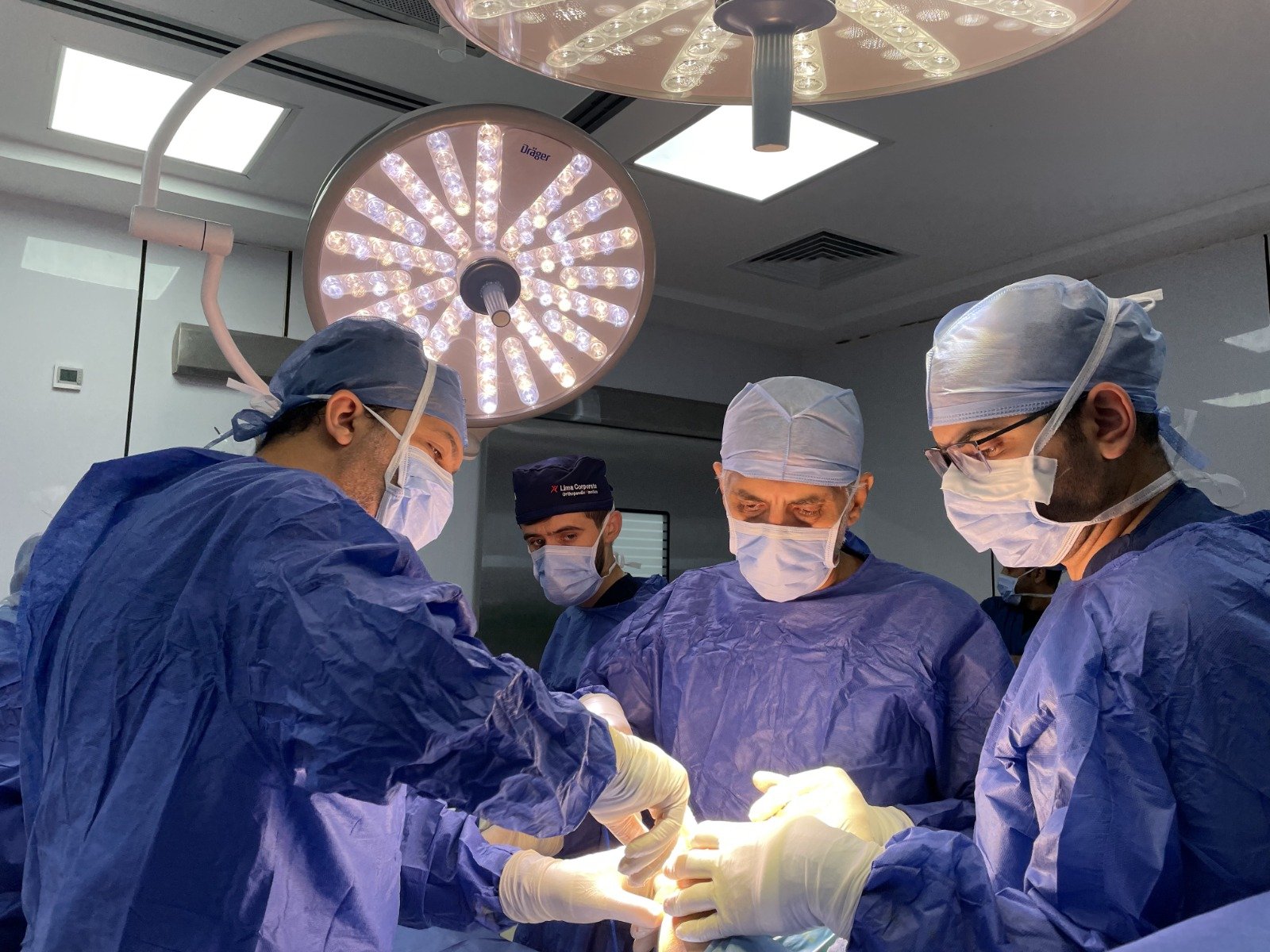
Bone Surgery Treatment
Bone surgery is an important branch of medicine that focuses on diagnosing and treating diseases and injuries related to bones, joints and the spine. Ain Shams Specialized Hospital is one of the prominent medical centers that provides the latest technologies and treatments in this specialty. The medical teams at Ain Shams Hospital provide modern treatments and procedures for a wide range of bone-related conditions and diseases. The teams work to treat congenital deformities in children’s bones and provide appropriate care for the elderly, to ensure the highest level of comprehensive healthcare for all age groups.
Bone surgery at Ain Shams Hospital includes many advanced procedures and treatments, including correcting congenital deformities in children’s bones, treating chronic arthritis, treating fractures and dislocations, and treating osteoarthritis and bone tumors. Bone grafting operations are also performed using advanced methods to compensate for damaged parts of the bones in the body. The bone surgery team at Ain Shams Hospital relies on the latest techniques and innovative therapeutic methods to provide optimal care for patients. Doctors in this specialty have extensive experience in the field of bone, joint and spine surgery, and work hard to enhance quality and effectiveness in healthcare.
Do not hesitate to rely on the dedication and competence of Dr. Amr Aml as the best bone doctor for your health.
Bone Surgery Prices in Egypt
Bone surgery prices in Egypt vary depending on many different factors. The expertise and competence of the medical teams and treating physicians are key factors in determining the cost of these operations. In addition, prices also depend on the patient’s condition and preventive measures required by the treatment. There are many common bone operations performed in Egypt, such as knee replacement and spinal fusion surgery. The cost of a knee replacement surgery ranges in Egypt between 20 to 40 thousand Egyptian pounds, and this cost may increase or decrease according to the aforementioned factors. The price of spinal fusion is determined based on factors related to the operation and costs of medical supplies.
Bone operations are considered sensitive surgical procedures that require special needs for each patient and providing the best equipment and medical tools. Surgeries should be performed in medical centers equipped with the latest technologies and medical tools. This helps increase the chances of success and reduce the risks of any potential complications. Bone lengthening is one of the cosmetic surgical procedures available in Egypt, and the cost of this operation is estimated at about 300 Egyptian pounds. However, individuals should discuss options and risks associated with that operation with a medical specialist before making any decision.

